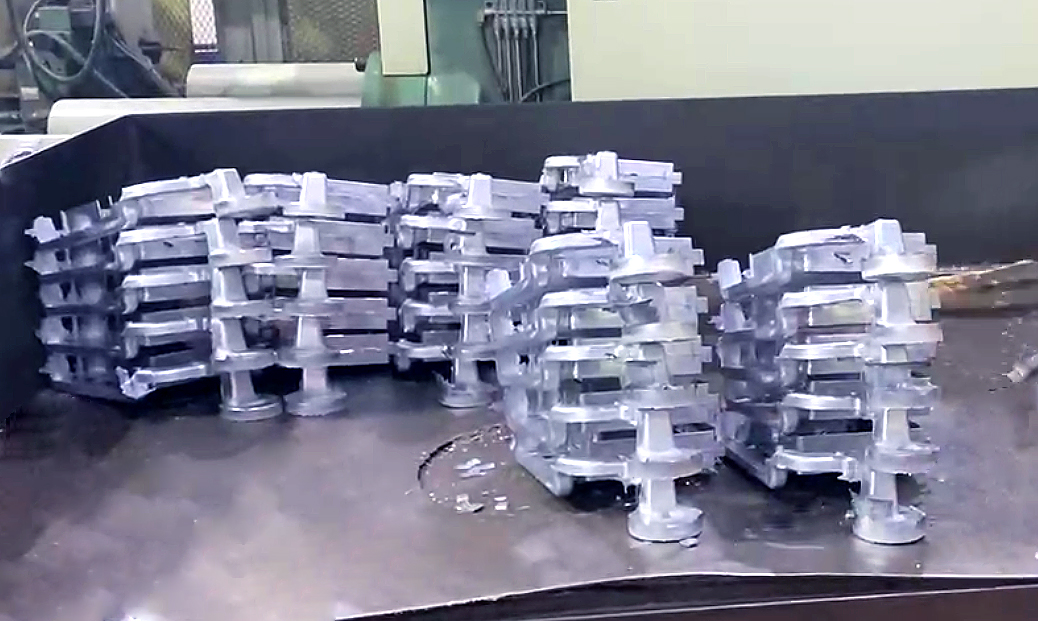Advantages and disadvantages of precision die-casting zinc alloy
Advantages and disadvantages of precision die-casting zinc alloy
advantage:
1. Surface treatment: electroplating, spraying.
2. During the smelting and die-casting process, it does not absorb iron, corrode or stick to the mold.
3. Has good room temperature mechanical properties and wear resistance.
4. Low melting point, melting point is 385℃, easy to die casting.
5. Good casting performance, suitable for precision parts with complex shapes and thin walls, and the casting surface is smooth.
shortcoming:
1. Poor corrosion resistance. When the impurity elements lead, cadmium and tin exceed the standard, the casting will be deformed by aging. Volume expansion, mechanical properties, especially plasticity, are significantly reduced, and even rupture for a long time. The solubility of lead, tin and cadmium in zinc alloys is very small, and they are mainly concentrated on the grain boundaries to become cathodes. The aluminum-rich solid solution becomes the anode in the presence of water vapor (electrolyte), which promotes electrochemical corrosion between grains. Die castings age due to intergranular corrosion.
2. The microstructure of zinc alloy is mainly composed of Zn-rich solid solution containing Al and Cu and Al-rich solid solution containing Zn. Their solubility decreases with decreasing temperature. However, due to the fast solidification rate of die castings, the solubility of solid solutions at room temperature is greatly saturated. After a certain period of time, the supersaturation phenomenon will gradually disappear, and the shape and size of the casting will also change slightly.
3. Zinc alloy die castings should not be used at high and low temperatures (below 0°C). Significant reduction in high temperature tensile strength and low temperature impact properties


